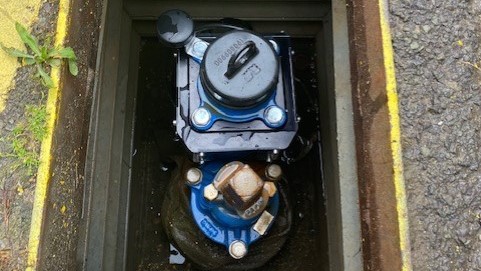When managing water networks, rapid information is not a luxury, it is now a necessity that translates into money saved and crises averted, says Kevin Brook, director, Orbis Intelligent Systems.

Data-driven real-time monitoring is enabling the water sector’s smart transformation, by giving companies the tools to proactively manage their assets. Advanced smart devices capture data and transmit critical alerts to a utility within seconds and by linking devices with a cloud-based portal, utilities can monitor their assets with precision 24-hours-day – something has only become possible with the latest innovations.
By being informed in real time of flow, volume, and consumption, as well as consumer water usage, network efficiency and pipeline condition, control rooms can mitigate challenges before they impact customers.
Water utilities have invested hundreds of millions in systems, devices and services that deliver many categories of actionable data. They are now investing in the systems, services and devices that measure the ‘gap within the gap’ – those numbers that were reported as assumptions because historically, they were too small to matter. That has changed – now they do matter.
Moving away from a reactive to proactive model also means companies can better target maintenance programmes, reducing the risk of bursts, leakage, discolouration and service failures in a way that is reliable and cost effective.
Crucially, by supporting these priority areas, data-driven technology can help water companies achieve objectives in their outcome delivery incentives (ODIs) and meet their regulatory targets. Leakage is just one area in which water companies are already seeing the benefits – 13 water companies in England and Wales achieved their 2020-2021 performance targets.
Ofwat is expecting companies to take a smart approach to PR24 planning. In May 2022, chief executive David Black said: “Smart networks and systems offer huge scope to get more from existing assets and prevent problems before they adversely impact on customers and the environment.” The regulator also says in PR24 guidance that companies should consider “a wide range of technological developments” when writing their strategies, which “may include AI/data interrogation”.
Smart systems are also helping utilities track down companies that illegally take water from the network, protecting the supply against those who use water without being billed for supply.
Orbis technology has found over 550 illegal abstractions in the UK in the last 12 months, through use of digital remote data. Digital information has helped increase the amount of water accounted from hydrants by 15% in the last six months, simply by replacing analogue with digital information.
As the technology becomes more advanced, widely available and lower in price, the sector’s smart transformation will only accelerate, bringing greater resilience and efficiency and providing a service that customers and regulators expect.



